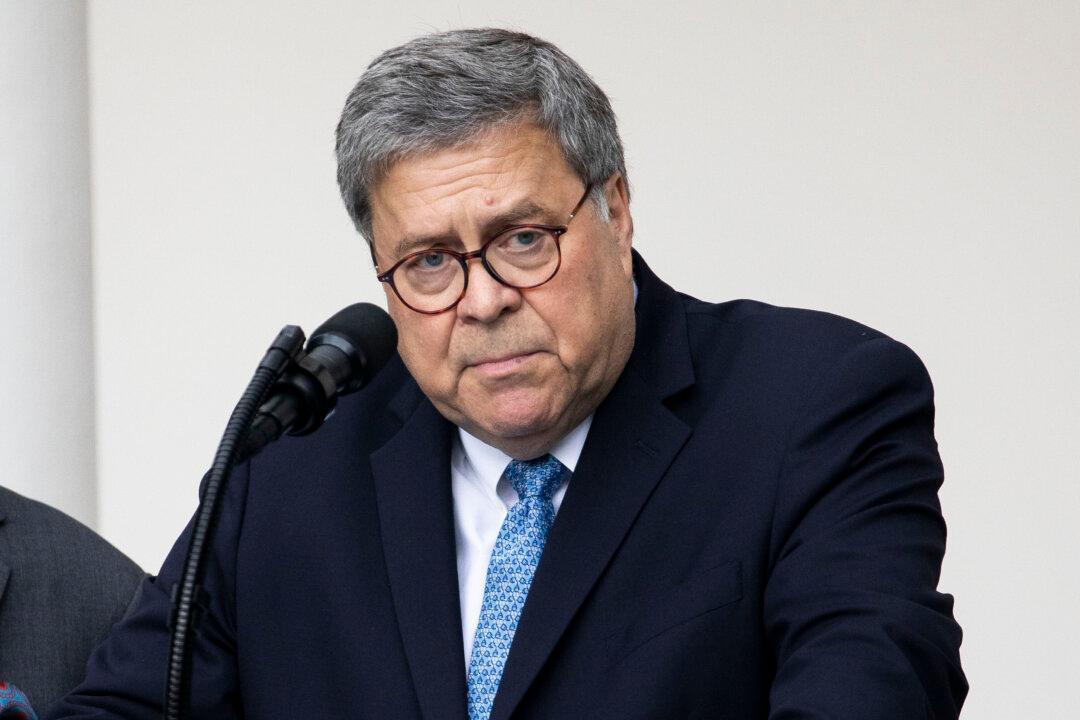One proposal to reform the Foreign Intelligence Surveillance Act (FISA) court would require the signatures of both the attorney general and FBI director before launching a counterintelligence operation into a presidential campaign, Attorney General William Barr said.
The FBI during the Obama administration applied to spy on Trump 2016 presidential campaign associate Carter Page using information from a dossier compiled by ex-British spy Christopher Steele, who was paid by the Democratic National Committee and the campaign of rival candidate Hillary Clinton.





